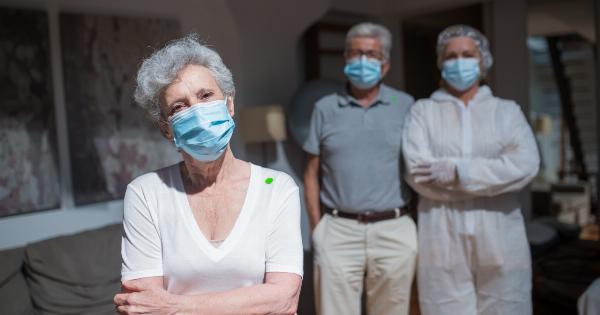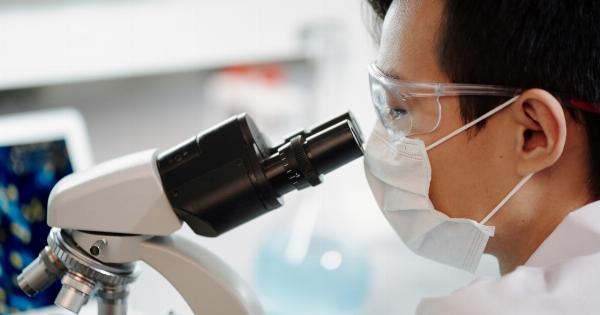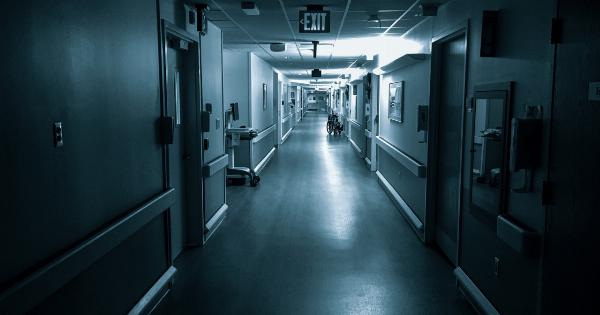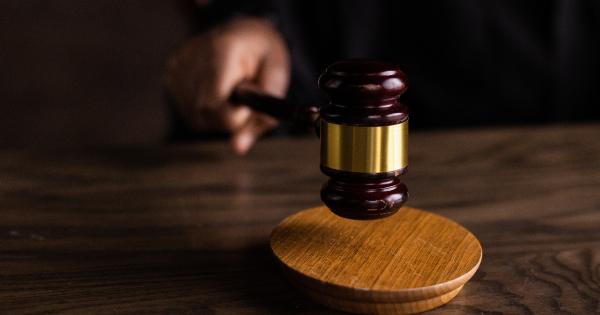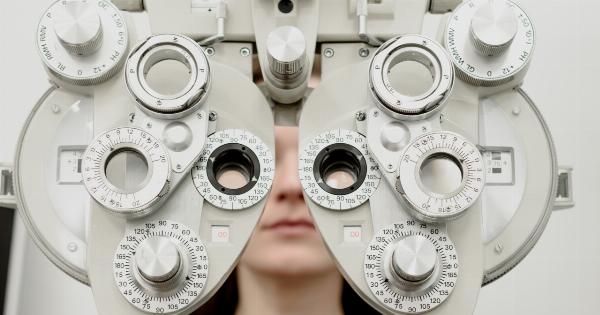A forensic pathologist is a medical professional who plays a crucial role in investigating and determining the cause of death in cases involving suspicious circumstances.
If you find yourself in a situation where you require the expertise of a forensic pathologist, here are five essential steps to take immediately:.
1. Contact Law Enforcement
The first and most important step is to contact law enforcement authorities. They will be able to initiate an investigation and coordinate with a forensic pathologist to perform an autopsy if necessary.
It is vital to involve the proper authorities as they have the expertise and resources to handle such cases.
2. Preserve the Scene
It is crucial to preserve the scene where the incident occurred to ensure that any potential evidence is not contaminated or destroyed. Avoid touching or moving anything until law enforcement officials arrive.
By preserving the scene, you are allowing the forensic pathologist and investigators to gather and analyze evidence accurately.
3. Secure Medical Records
Medical records can play a significant role in a forensic investigation. Contact the deceased’s healthcare providers to obtain relevant medical records, including any recent tests, treatments, or consultations.
These records can provide valuable information to the forensic pathologist and help determine the cause of death.
4. Gather Personal Information
Collecting personal information about the deceased is essential during a forensic investigation.
This information may include their medical history, including any pre-existing conditions or previous surgeries, as well as details about their lifestyle, occupation, and recent activities. Such information can provide valuable insights and assist the forensic pathologist in their examination.
5. Consult with a Forensic Pathologist
Finally, it is crucial to consult with a forensic pathologist to ensure a thorough investigation. A forensic pathologist is a medical expert who specializes in examining and interpreting medical evidence related to criminal investigations.
They can perform autopsies, analyze tissue and fluid samples, and provide expert opinions on the cause and manner of death. Consulting with a forensic pathologist will help shed light on the circumstances surrounding the death and aid in any legal proceedings that may follow.
Overall, having a forensic pathologist is vital in cases involving suspicious deaths or the need for a thorough investigation.
By following these five steps, you can ensure that the proper procedures are followed, evidence is secured, and the cause of death is accurately determined.

















